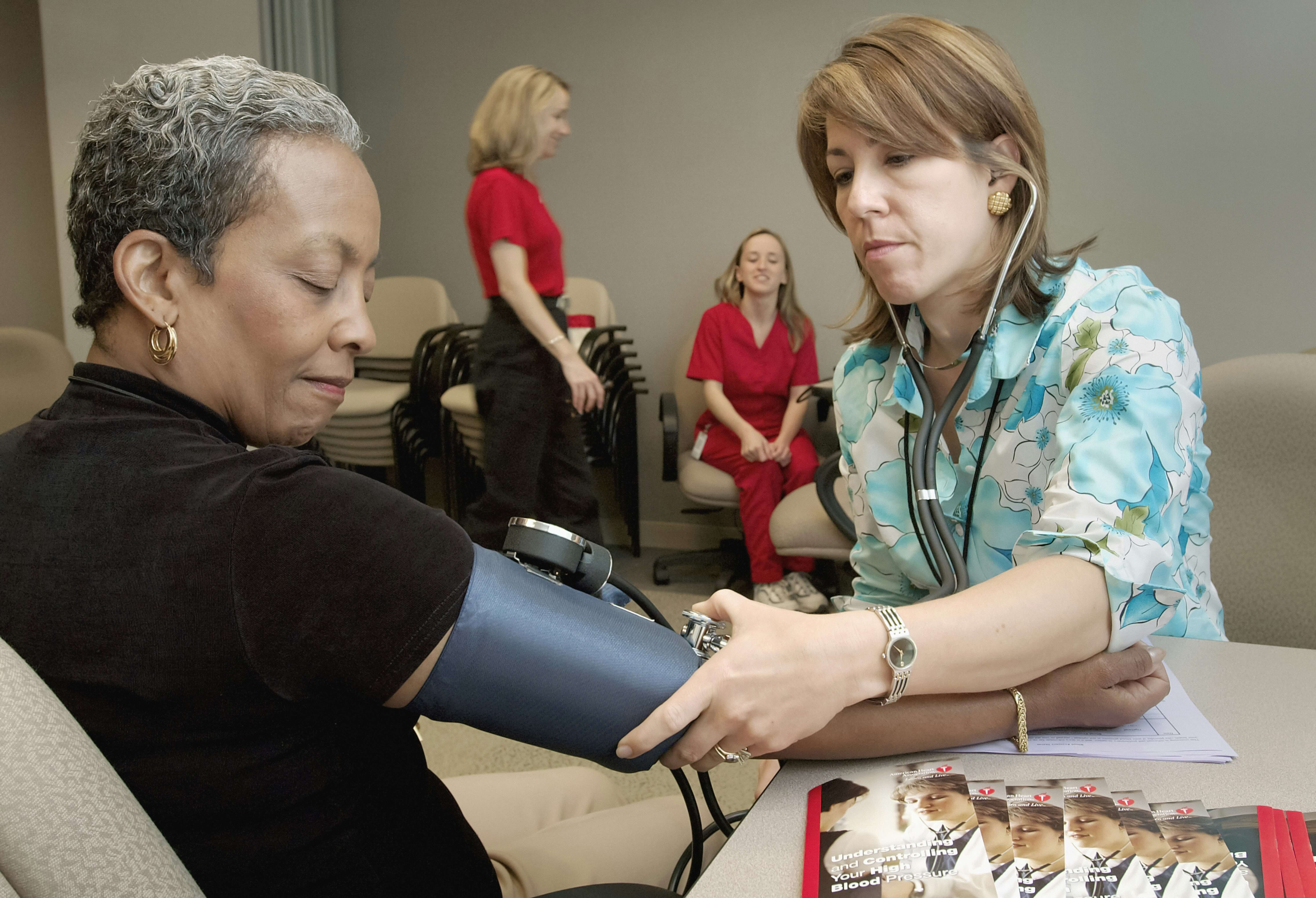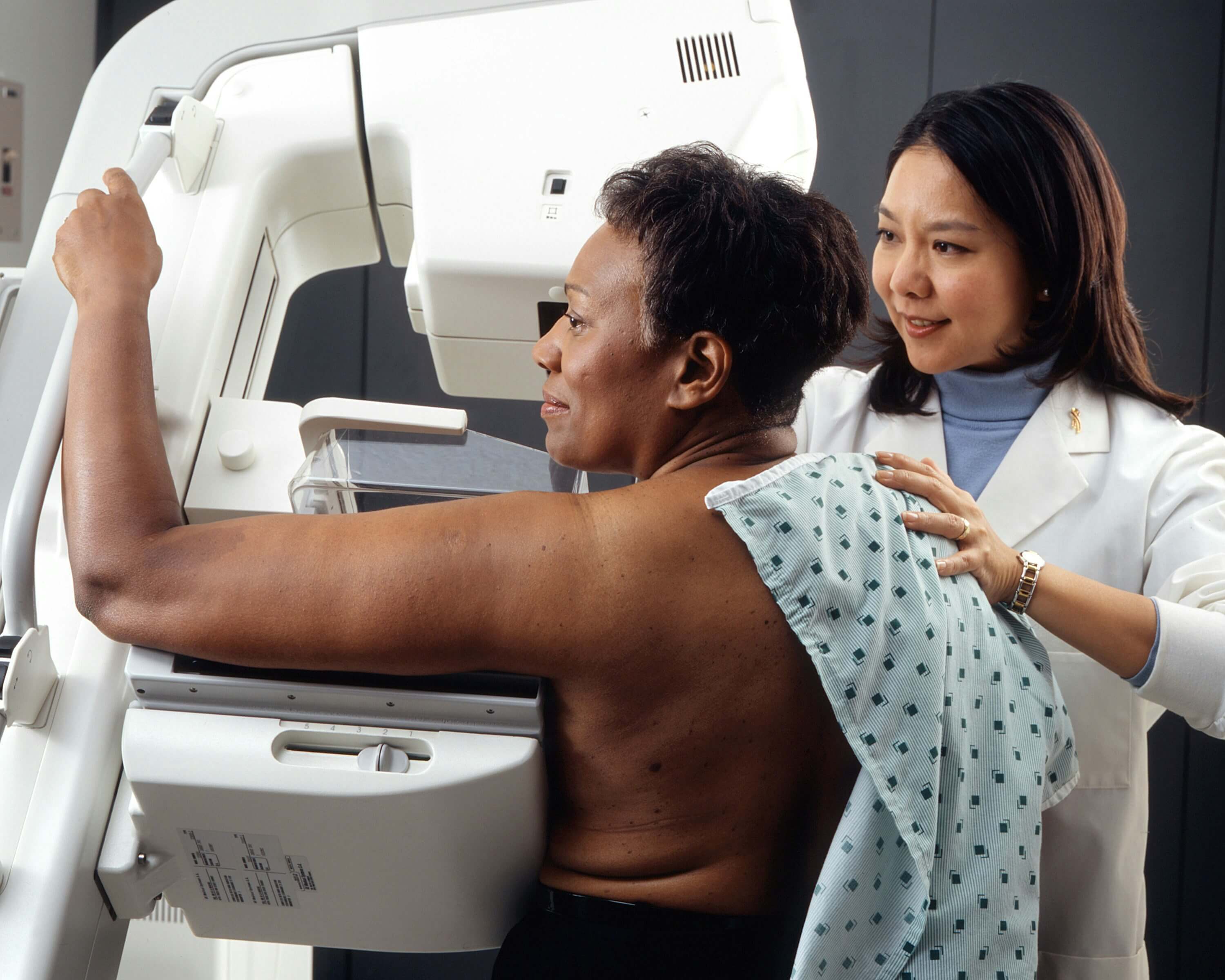What Are the Most Important Health Screenings for Women?

When it comes to maintaining your health, it can be difficult to know exactly what screenings and tests you need, and when. With so much information out there, we know it can be confusing to navigate your health care needs. That’s why we've put together this handy guide on the most important health screenings for women at various stages of life. By understanding what to prioritise, you can take proactive steps toward a healthier future.
Key Health Screenings by Age
In Your 20s and 30s
- Cervical Screening (Smear Test): Starting at age 25, women should have a cervical screening every three years to detect changes in cervical cells that could lead to cervical cancer. You still need to be screened even if you've had the HPV vaccine - whilst your risk of cancer is reduced if you've had the vaccine, it doesn't protect against all types of HPV.
- Sexually Transmitted Infection (STI) Screening: Regular STI screening is recommended for sexually active women to prevent and treat infections early.
- Breast Awareness: While routine mammograms aren’t usually necessary in your 20s and 30s, being aware of any changes in your breasts is important. You should also consider your risk factors, such as being overweight, smoking & drinking too much alcohol.

In Your 40s
- Blood Pressure Check: High blood pressure can develop without symptoms, so it’s important to have your blood pressure checked at least every five years, or more frequently if you’re at risk.
- Cholesterol Test: Starting in your 40s, regular cholesterol tests are recommended, particularly if you have a family history of heart disease.
- Breast Screening (Mammogram): Women in the UK are invited for mammograms every three years from age 50, but if you're in your 40s and have risk factors like family history, you might consider earlier screening options.
In Your 50s and Beyond
- Bone Density Scan (DEXA): Osteoporosis becomes a concern as women age. A bone density scan can assess your risk of fractures and bone loss.
- Bowel Cancer Screening: Everyone aged 60 to 74 years who is registered with a GP and lives in England is automatically sent an NHS bowel cancer screening kit every 2 years. The programme is expanding so that everyone aged 50 to 59 years will be eligible for screening. It's a simple home test that checks for signs of bowel cancer. You may wish to opt for private screening if you are considered at risk, or want to be screened more regularly.
- Diabetes Screening: With age, the risk of type 2 diabetes increases. Regular screening can help catch it early, especially if you're overweight or have a family history.

Diagnostic Tests and Wellbeing Checks
While routine screenings are key, there are other important diagnostic tests and checks to consider as you navigate different life stages. For women planning to start a family, fertility testing can provide insight into your reproductive health. Preconception health checks, including blood tests and genetic screening, help ensure you're in the best possible shape for a healthy pregnancy.
Menopause brings its own set of challenges, and hormone testing can be valuable in managing symptoms. Monitoring levels of oestrogen and follicle-stimulating hormone (FSH) can give you a clearer picture of where you stand and help inform your decisions on lifestyle choices such as diet and exercise regimes.
Don’t forget about your thyroid health, especially if you’re experiencing unexplained symptoms like fatigue or weight changes. Routine thyroid function tests can help detect any issues early on.

Managing Medical Conditions
For some women, a family history of certain conditions might necessitate more frequent or in-depth testing, earlier than the standard recommended screening age. Regular assessments and evaluation of risk factors can be vital to ensure that you're safeguarding your future health.
- Cancer: If you have a family history of cancers such as breast, ovarian, or bowel cancer, you may need earlier or more frequent screenings.
- Heart Disease: If you have risk factors such as high cholesterol, high blood pressure, or a family history of heart disease, consider more frequent cardiovascular screenings.
- Thyroid Screening: Women, especially those with a family history of thyroid issues or autoimmune diseases, should consider thyroid function tests.
Conclusion
Taking charge of your health doesn’t have to be overwhelming. By staying informed about the screenings and tests that are most relevant to your age and life stage, you can make proactive decisions that support your well-being. Whether it's routine screenings, diagnostic tests, or managing existing conditions, being aware and vigilant is key. Start with the basics, consult with your healthcare provider, and remember that these screenings are tools to help you live a healthier, fuller life. After all, your health is worth investing in.
Recent posts
- How Coaching Can Support ADHD: Exploring Options Beyond The NHS
- Understanding ADHD Assessments: What To Expect During Diagnosis
- What Are The 4 Stages of COPD?
- What is Musculoskeletal Physiotherapy?
- What Are The Most Important Health Screenings For Men?
- What are the Benefits of Vitamin B12 Injections?
- Can A Chiropractor Help With Sciatica?
- Unlocking the Truth About Private Healthcare
- Is my portion size correct?
- Why Water is King!

